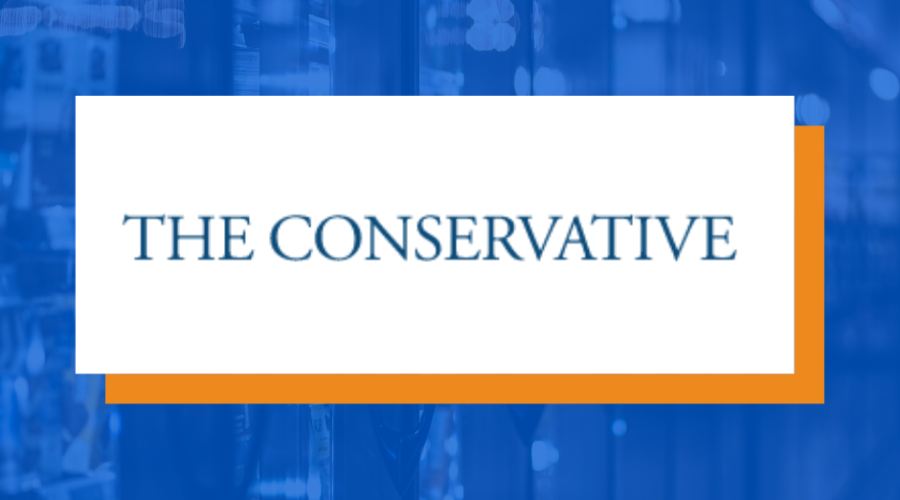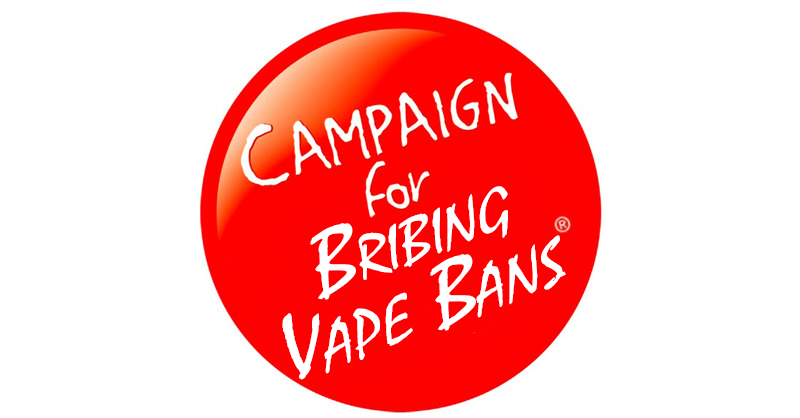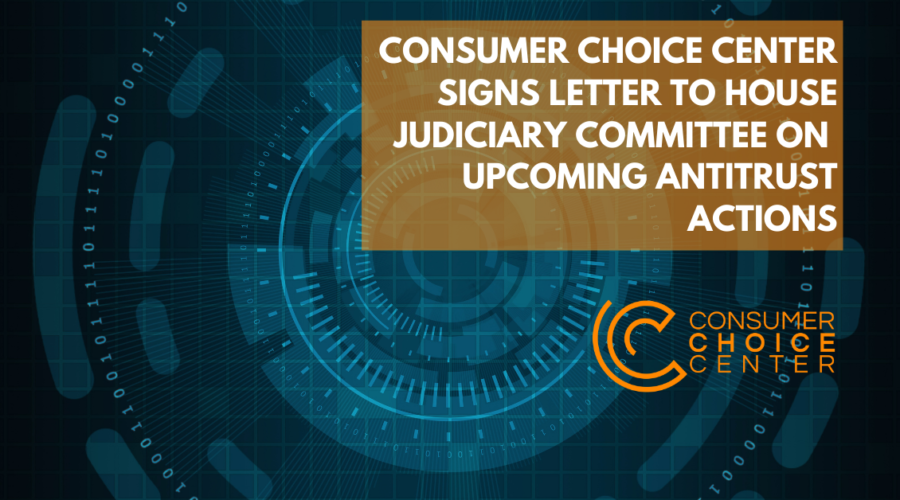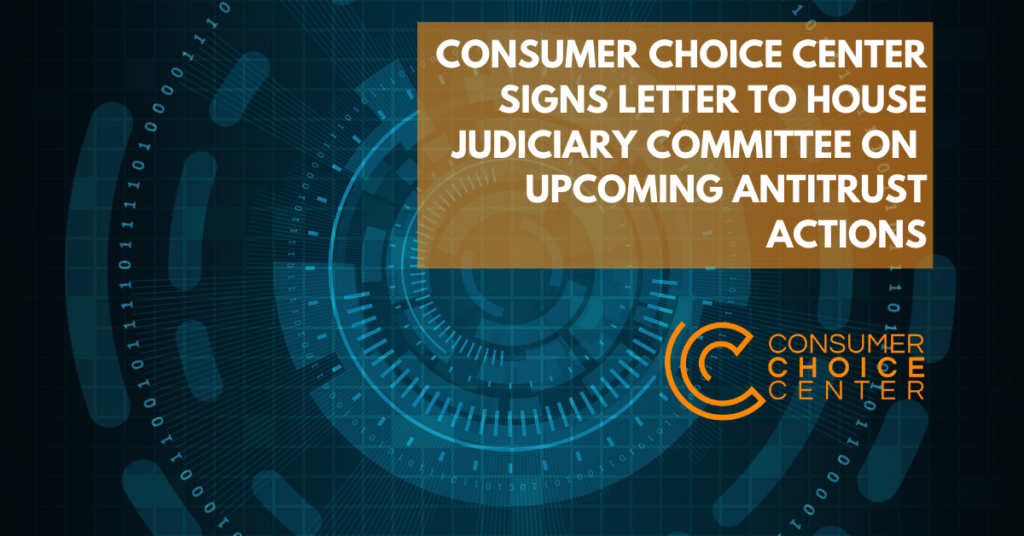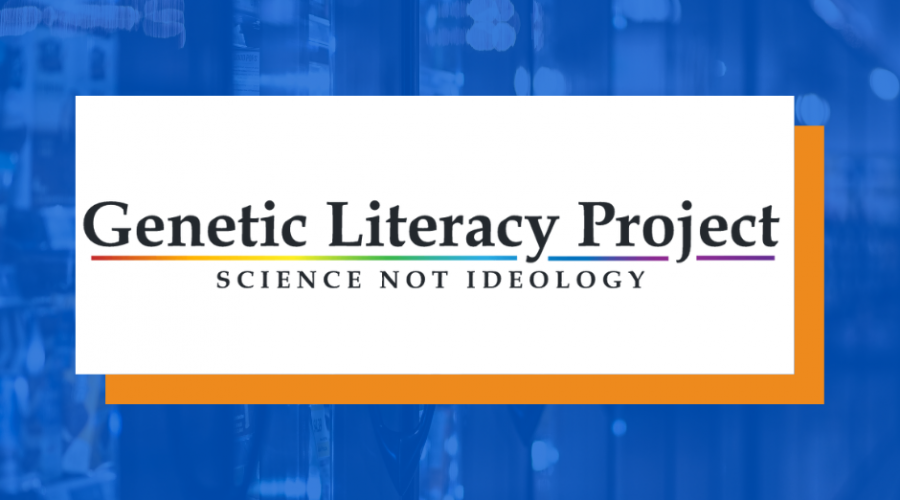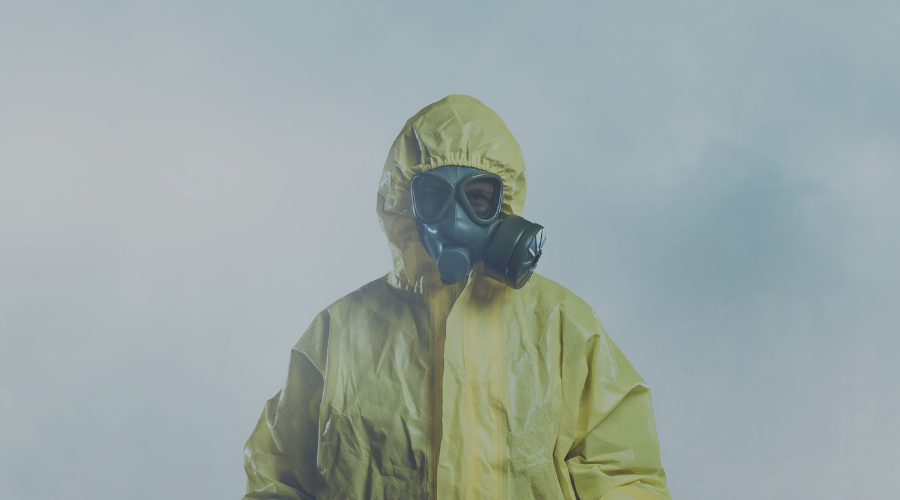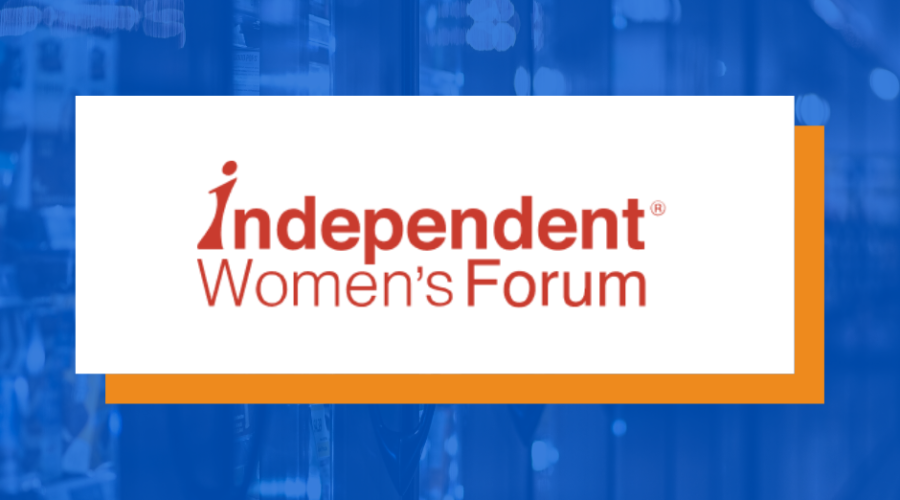More plastics bans will not impact the environment but will impact consumers
“Up to 95% of all plastic found in the world’s oceans comes from just 10 source rivers, which are all in the developing world.”
Policy makers at all levels have declared effective war on plastics. Municipalities have enacted water bottle bans, provinces have sought to restrict or prohibit the sale of certain items, and the federal government has gone so far as to classify all plastic as “toxic” under the Canadian Environment Protection Act.
The arguments against these policies have been well documented. Alternatives to single use plastics are almost always worse for the environment based on a life cycle analysis, and there are new innovations available to use that actually deal with the issue of mismanaged plastic waste, rather than using the long arm of the state to ban items.
All of that said, you would think that the environmental activists who pushed for these policies would be content with their policy victory, but they aren’t. As always, they want more, which ultimately means more government involvement in the economy, and in the lives of consumer.
Oceana, for example, was one of the loudest voices calling for all sorts of heavy-handed policies to deal with plastic waste. Unfortunately, Canadians have given these advocates an inch, and now they want to take a mile.
Just this month Oceana launched a new campaign titled “A Plastic Free July” where they are calling on the government to drastically expand on their incoming single use plastic ban to almost everything except medical devices. Their statement reads “As currently proposed, the federal government’s ban on six single-use plastics covers less than one percent of the plastic products we use – a drop in the bucket for an ocean drowning in plastic waste.”
Oceana is right, those products represent a small percentage of the plastic that ends up in our oceans. But their conclusion that we need to “ban more things” won’t magically mean that there is less plastic in the ocean, mostly because Canadians, and single use plastics, are not responsible for the vast majority of mismanaged plastic in our oceans.
Up to 95% of all plastic found in the world’s oceans comes from just 10 source rivers, which are all in the developing world. Canada on average, contributes less than 0.01 MT (millions of metric tonnes) of mismanaged plastic waste. In contrast, countries like Indonesia and the Philippines contribute 10.1% and 5.9% of the world’s mismanaged plastic, which is upwards of 300 times Canada’s contribution. China, the world’s largest plastics polluter, accounts for 27.7% of the world’s mismanaged plastic. Canada, when compared to European countries like England, Spain, Italy, Portugal and France, actually contributes four times less in mismanaged plastic. The only European countries on par with Canada are the significantly smaller Sweden, Norway and Finland
Beyond the fact that Canadians are not significant contributors to the issue of marine plastic waste, most of the plastic in our oceans, regardless of the source country, isn’t from consumer products at all. Approximately 50% of all plastic in the ocean comes directly from the fishing industry, who often carelessly dump used nets in the ocean, which is a serious problem in need of a solution.
These two inconvenient truths should raise immediate red flags as to the efficacy of plastic bans, and should cause us to outright reject calls for more bans on consumer products. These bans won’t make any serious impact on the issue of plastic waste in our oceans, all while making life more expensive for ordinary Canadians, while pushing them to alternative products with a higher environmental impact.
Rather than caving to a call for expanded bans, or the silly idea of a “Plastic Free July.” we should instead narrow our sights on empowering innovators to solve these problems. Incredible technologies have been created in Alberta in the past few years to deal with plastic waste, which include taking single-use products and turning them into everything from resin pellets, tiles for your home and even road asphalt. Even better, scientists have now figured out a way to take these problematic plastics, flash heat them, and turn them into graphene, which is currently priced at around $100,000/tonne and has tremendous potential in the construction industry.
We realistically have two paths to deal with the plastic waste we produce. We can seek to ban items that people use, which will inflate prices and have no serious impact on marine waste. Or, we can lean on innovators to remove plastic from the environment and extend the lifespan of those plastics indefinitely, while creating jobs and lowering costs. When faced with this fork in the road, the superior path forward is pretty obvious.
Originally published here.

